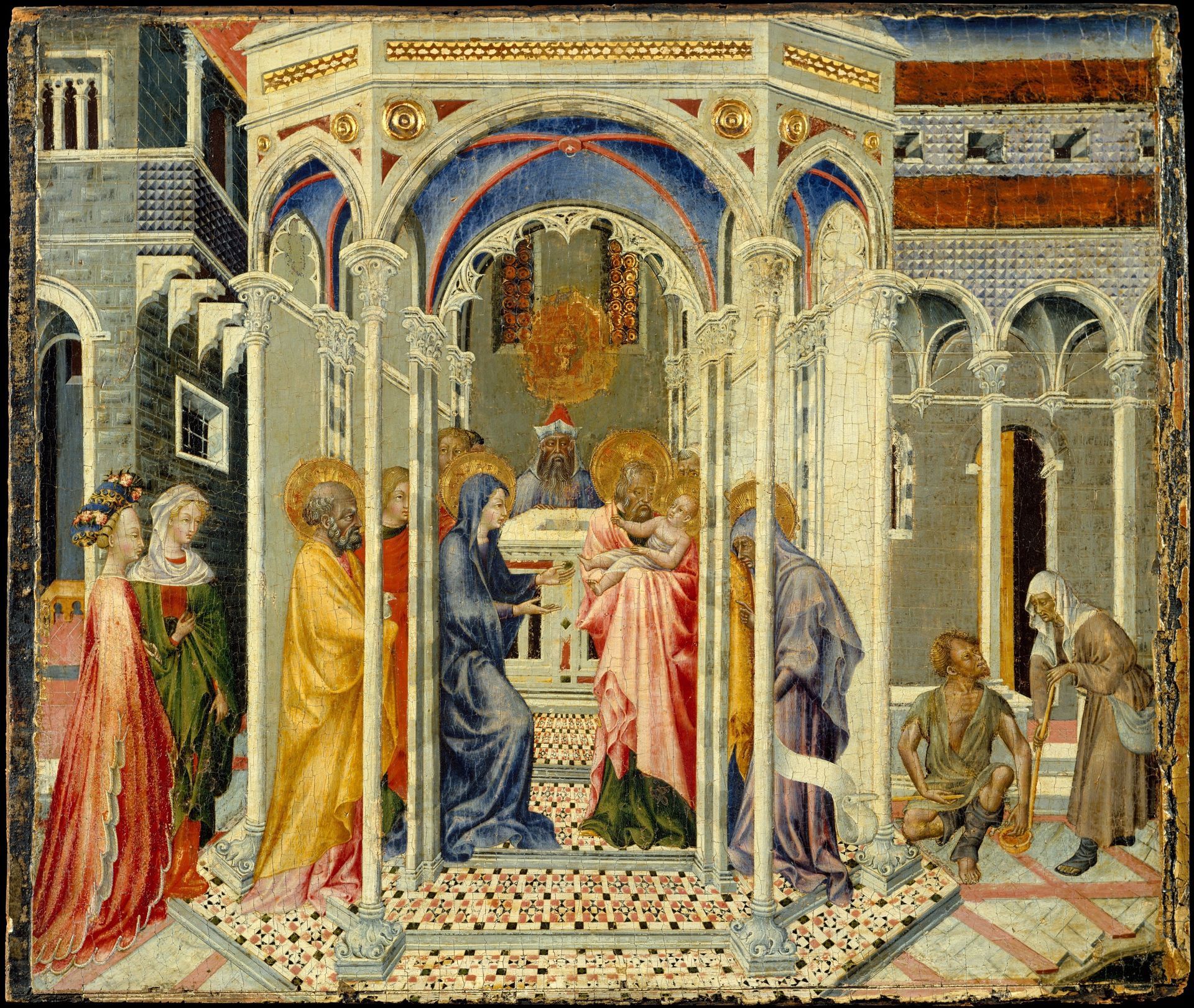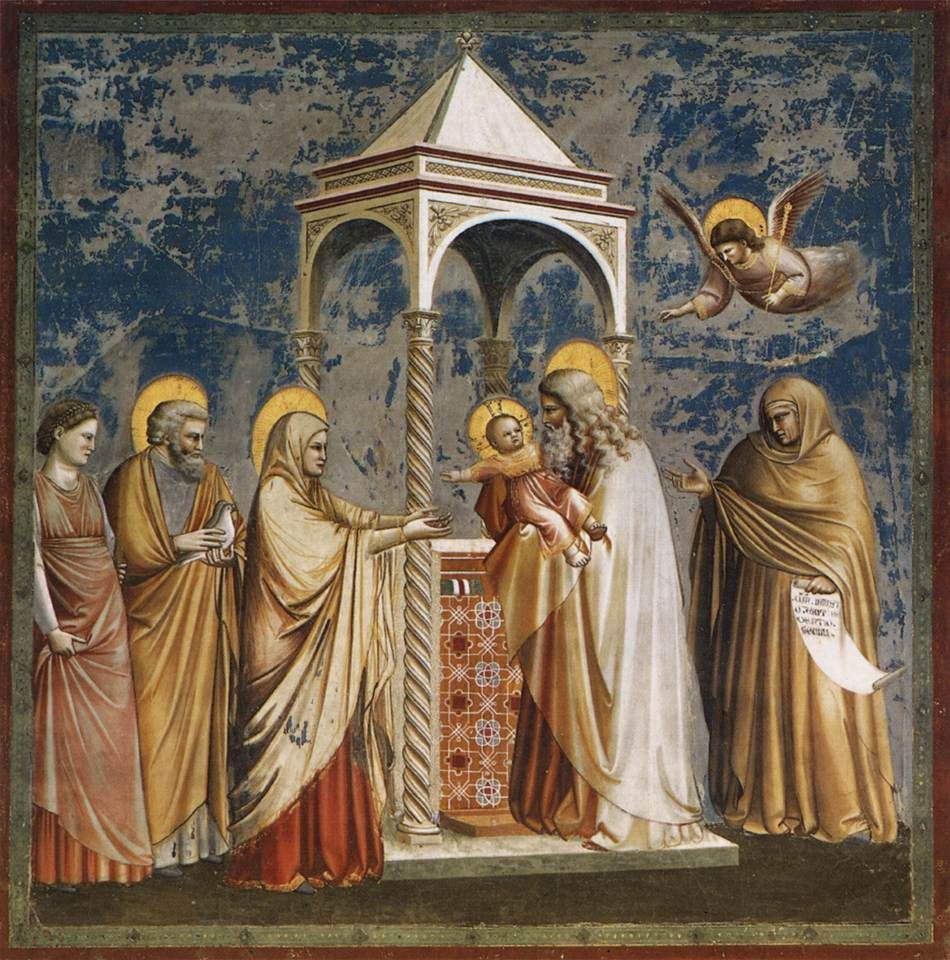Message of Abbot Paul - Saturday 30th December 2023
Abbot Paul • December 29, 2023


Today is the first day of the Octave of Christmas which isn’t accompanied by the feast of a saint, so it can be celebrated fully as a continuation of Christmas Day. The early Church followed the Jewish tradition of celebrating major feasts for eight days, in which each day was of equal value, a week, counting the days inclusively. In the New Testament, we can see how this custom came to be. The Resurrection of Jesus took place on the first day of the week, the Lord’s Day. John’s Gospel recounts that eight days’ later, the disciples were gathered together again in the Upper Room and that this time Thomas was with them. Jesus appears to them and speaks with Thomas, who is able to declare his faith in the Risen Christ. Circumcision took place on the eighth day, so when Christmas came to be celebrated its octave concluded with the feast of the Circumcision of Jesus. This became associated with Christian Baptism, so from an early period, baptismal fonts were octagonal. Soon other major feasts, such as the Epiphany, Pentecost and the Dedication of a church also acquired an Octave. Then this was extended to the celebrations of the saints, Our Lady, St John the Baptist and the Apostles, Peter and Paul. You could say that Church life and the liturgical cycle became practically one long celebration. It was Pope St Pius V, who first reduced the number of octaves in the Church’s calendar and this work of liturgical simplification continued with Pope Leo XIII, Pope St Pius X, Pope Pius XII and Pope St Paul VI. Today, there are just three octaves: Christmas, Easter and Pentecost, so let’s make the most of them.
Our Gospel passage for today comes from Luke and concludes the account of the Presentation of the Child Jesus in the Temple, forty days after his birth. We hear of the prophetess Anna. “She was well on in years. Her days of girlhood over, she had been married for seven years before becoming a widow. She was now eighty-four years old and never left the Temple, serving God night and day with fasting and prayer. She came by just at that moment and began to praise God; and she spoke of the child to all who looked forward to the deliverance of Jerusalem.” She is one of those Biblical characters, who link the Old with the New Testament. She recognises the babe in Mary’s arms to be the long-expected Messiah, but talking about the deliverance of Jerusalem, as she does, seems to indicate that she, too, was expecting a political leader and freedom fighter rather than the incarnate Son of God and Redeemer of the world. We can, of course, interpret her words in a spiritual sense, if we prefer, but many in Israel, even among his disciples, were expecting much less than what Jesus came to accomplish.
Then comes the return to Nazareth and the hidden years of Jesus’ life. “When they had done everything the Law of the Lord required, they went back to Galilee, to their own town of Nazareth. Meanwhile the child grew to maturity, and he was filled with wisdom; and God’s favour was with him.” Maturity, wisdom and favour are the three stages in his upbringing that Luke emphasises. When Jesus appears to Israel, his ministry will show forth that inner life acquired in the home of Mary and Joseph. May they be blessed for their part in the Mystery of the Incarnation and the History of our Salvation. Amen.









